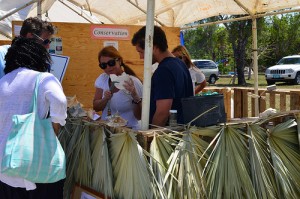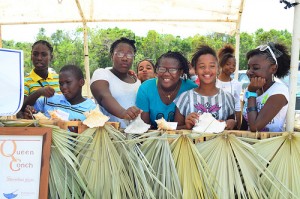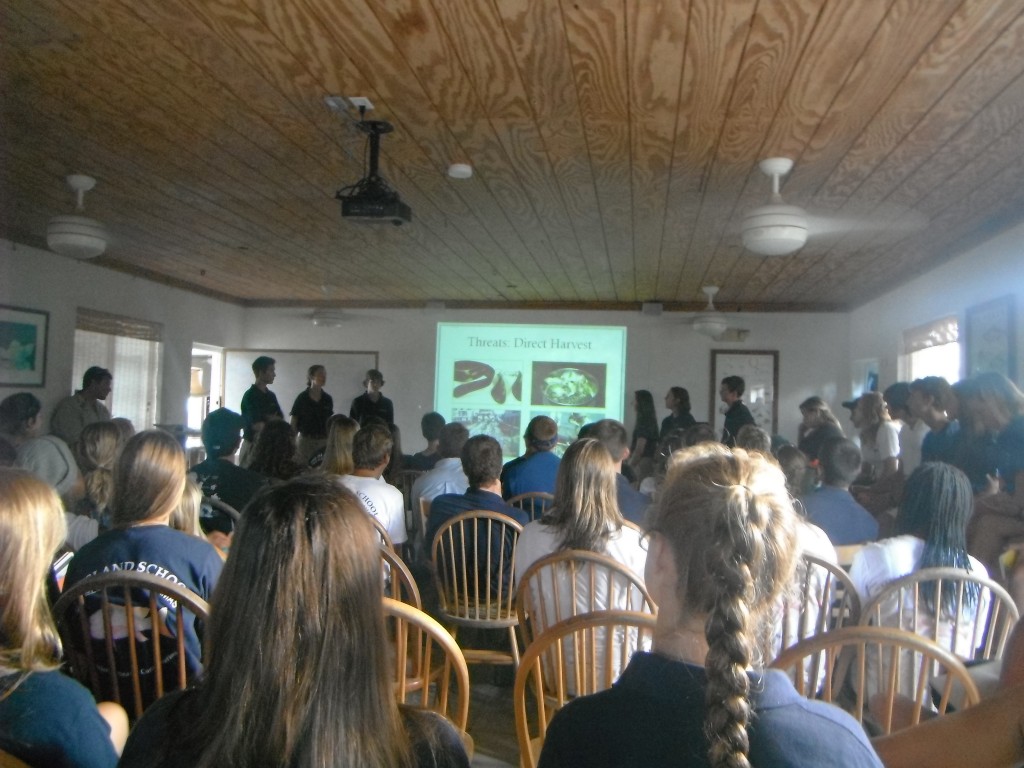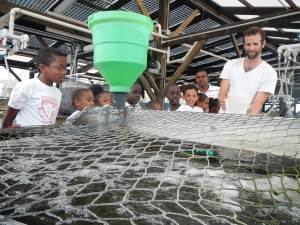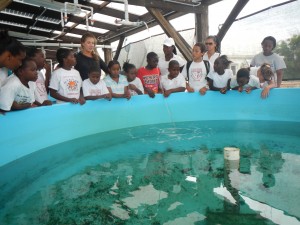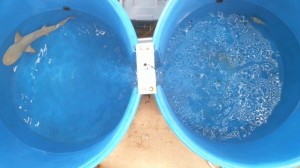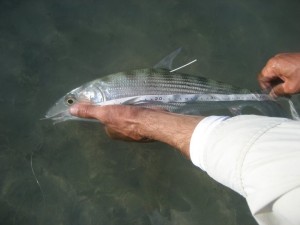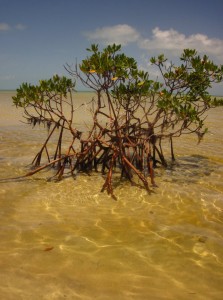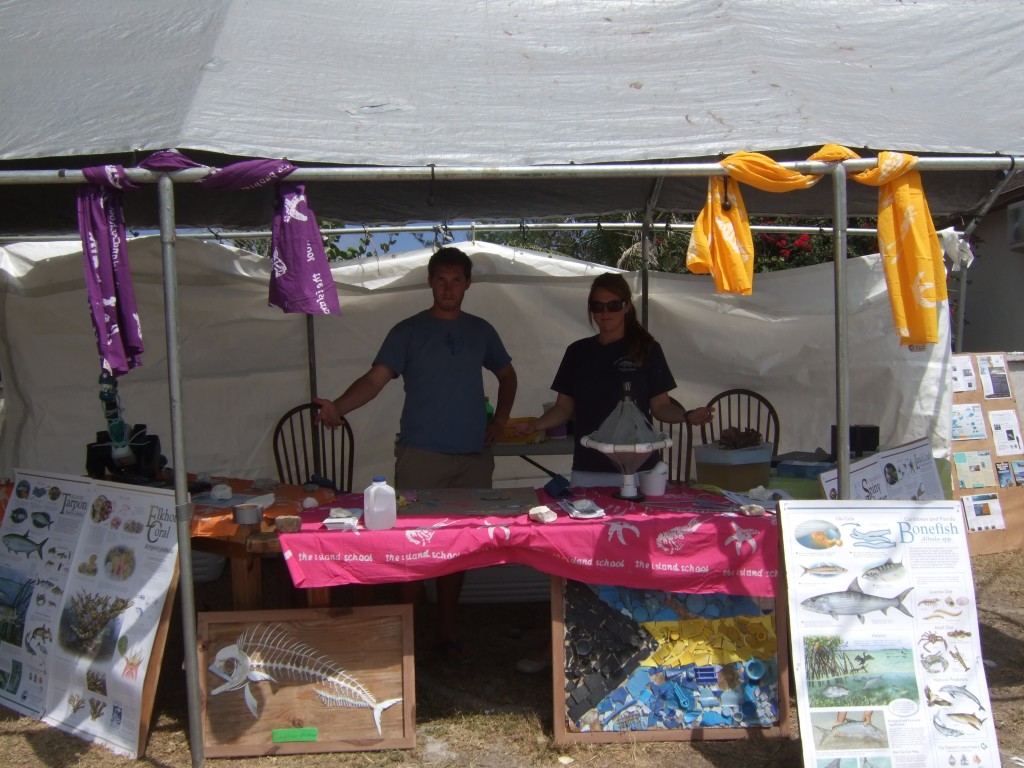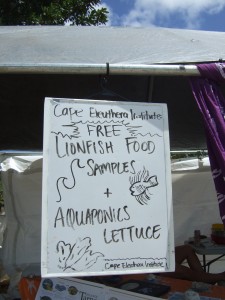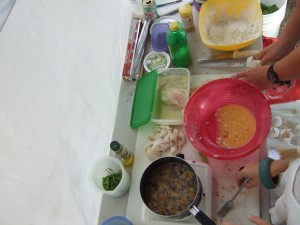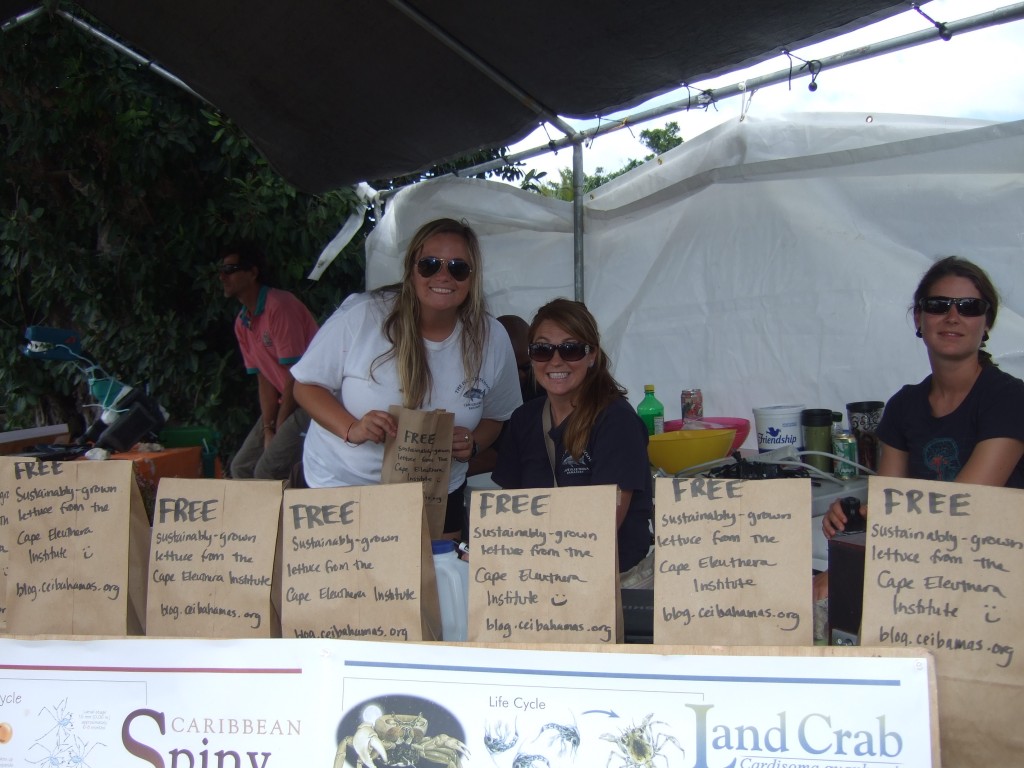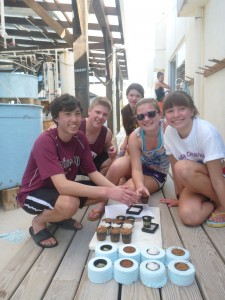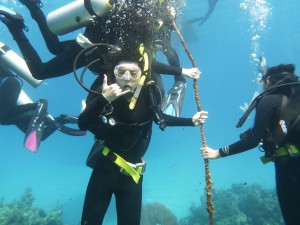Last week, the lionfish team here at CEI got out of the office and spent their working hours underwater- about 14 hours to be exact! They conducted a round of patch reef surveys in Rock Sound, counting numerous fish species and looking for and removing lionfish from the reefs. The study is aimed at better understanding the impacts lionfish have in the area. On the 16 patch reefs they surveyed, 56 lionfish were seen and sized. On the 8 patches that were designated as “removal patches,” 19 out of 24 lionfish were removed.
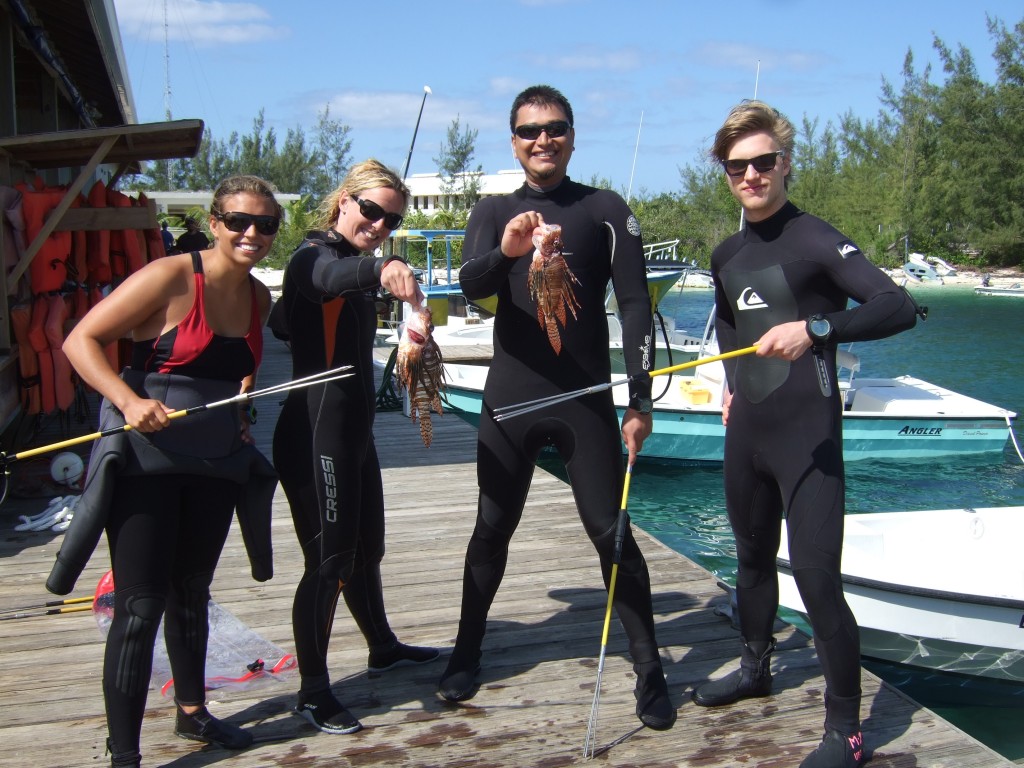
Several exciting encounters with other marine life happened as well, including getting up close and personal with a nurse shark and spotting a unicorn filefish! Seven different people were involved in data collection, including PhD student, Luis, from Simon Frasier University. Luis is back at CEI for 3 months collecting data for his project and helping out the lionfish program any way he can! Continue reading
